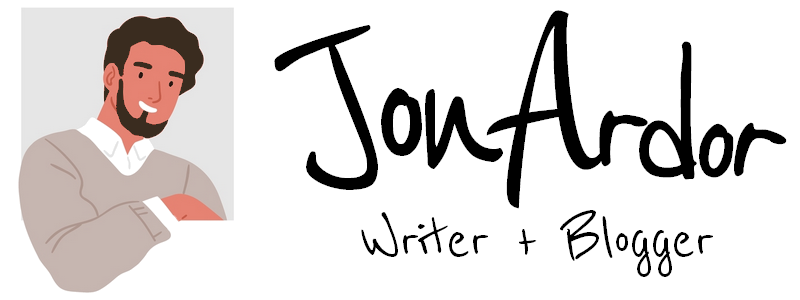5 Tips to Choose Between a Fixed Mortgage and a Variable Mortgage

When buying a home, should you go for a fixed or variable rate mortgage?
To make an informed decision, you need to understand the key differences between the two. Below are some of the factors you should consider when choosing a fixed or a variable rate mortgage.
1. Fixed Rate Mortgages Are Predictable

The fixed rate loans are popular because they offer clients a guaranteed rate determined and locked at closing. The convenience of knowing exactly how much you will pay every month is reassuring to some people. The disadvantage with a fixed rate, however, is that you don’t get to enjoy lower rates should the market rates decline. A fixed rate mortgage is like a marriage with a very tricky divorce option (refinancing). For better or for worse, you are stuck at the rate you locked in at closing.
2. Fixed Rate Mortgages Are Stable and Consistent

Perhaps the most significant advantage of a fixed rate mortgage is the certainty. Even if the market crashes and interest rates skyrocket, a fixed rate means your monthly payments will remain unaffected. However, should the market improve and interest rates drop, you won’t get to enjoy lower rates with a fixed rate mortgage.
Nonetheless, if you are living in a country with stable low-interest rates, a fixed rate mortgage gives you the best of two worlds. Besides, to take advantage of interest rates that are consistently on the decline, you can refinance your mortgage. You, however, need to do your maths carefully since you will have to pay closing costs all over again.
3. Fixed Interest Rates Are Usually Higher Than Variable Interest Rates

Before you settle on a fixed rate mortgage, consider the fact they are higher than variable rate mortgages. The mortgage term and the amount you are financing will determine how much you are likely to save, if at all.
4. Variable Rate Mortgages Fluctuate

As the base or prime rate fluctuates, so do variable rate mortgages. Although this means you pay more when the prime rate goes up, it also means you pay less when the rate goes down. For those who love certainty and predictability, variable rate mortgages are off-putting, but in reality, these end up costing homebuyers less when all the monthly payments are tallied. However, with a variable rate mortgage, you are under the mercy of the market.
Where interest rates are predictable and consistently low for extended periods, you might want to choose a variable over a fixed rate mortgage. What this means is you can get in at a lower rate, and enjoy even lower rates ahead. If on the other hand, you are in a volatile market where interest rates are unpredictably high, you may want to go for a fixed rate mortgage.
5. Understand the Market

The key when considering a mortgage proposal is to understand the market you are in. If it is volatile and interest rates are consistently on the increase, a fixed rate mortgage helps you lock an interest rate you can afford and never have to worry about the implications of a fluctuating market. However, should interest rates come down, you won’t be among those who will enjoy the lower rates unless you refinance your mortgage.
On the other hand, a variable rate mortgage is ideal in a predictable stable market with consistently low-interest rates. This means you can take a mortgage at a low-interest rate and still enjoy lower rates as interest rates continue to decline. The downside with this option, however, is should the market start misbehaving and interest rates keep climbing, your mortgage could turn out to be an expensive nightmare.
